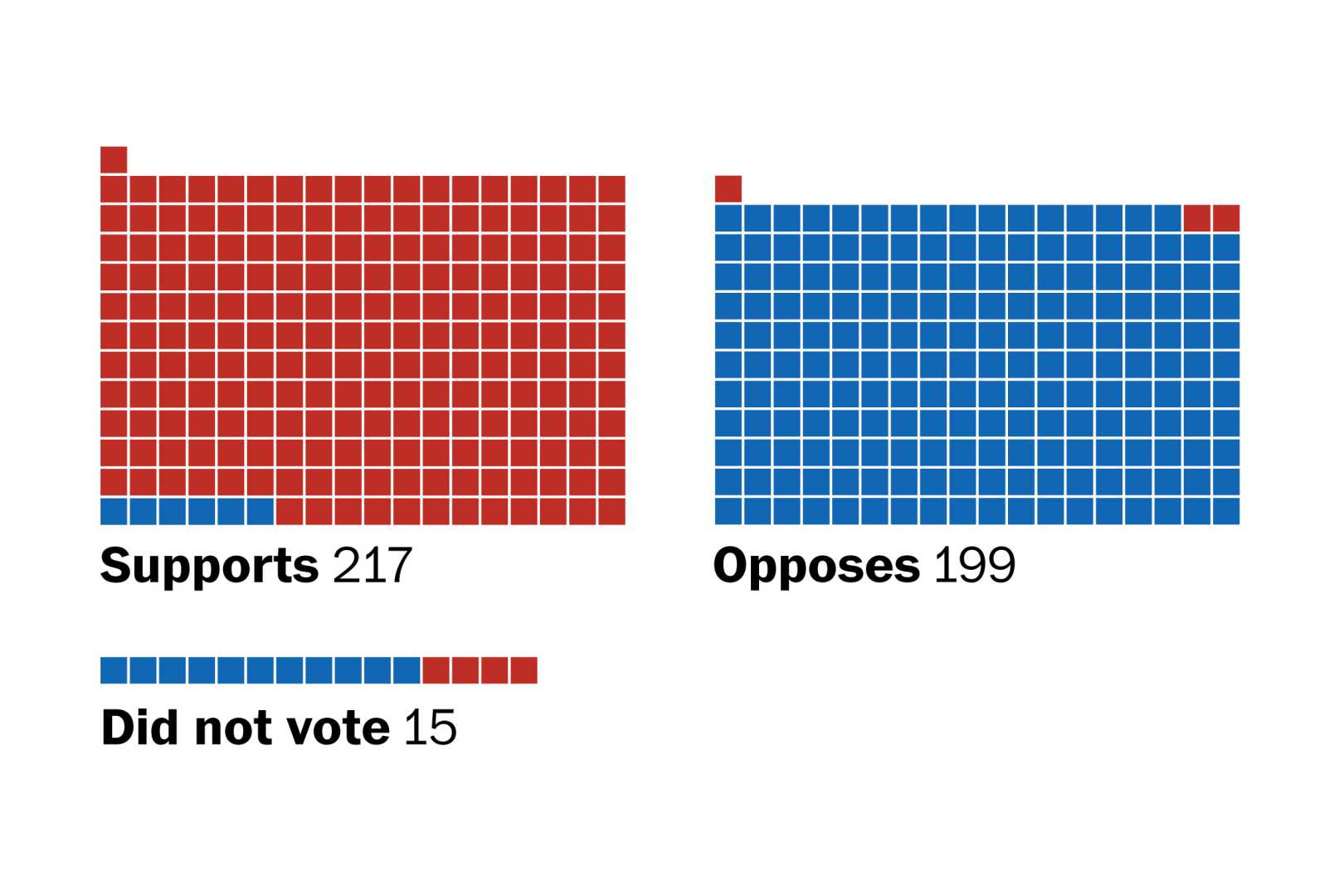Politics
Senate Prepares to Pass Controversial $1 Trillion National Defense Authorization Act (NDAA) for Fiscal Year 2025

The U.S. Senate is on the verge of passing the National Defense Authorization Act (NDAA) for Fiscal Year 2025, a bill that allocates nearly $1 trillion for the Department of Defense, including spending on nuclear weapons and emergency defense funding. The total expenditure, when combined with other defense-related costs, approaches $1 trillion.
Senator Bernie Sanders (I-Vermont) has expressed strong opposition to the bill, highlighting the vast disparities in national priorities. Sanders pointed out that while hundreds of thousands of Americans are homeless and struggling to survive, Congress is poised to approve massive funding for the military-industrial complex with minimal debate. He criticized the lack of transparency and accountability in Pentagon spending, noting that the Department of Defense remains the only major federal agency that cannot pass an independent audit, despite a federal law requiring it to do so over 30 years ago.
The NDAA includes several contentious provisions, such as the prohibition on notifications and data exchanges under the New START Treaty, which was adopted from the House version of the bill. It also restructures the Assistant Secretary of Defense for Nuclear, Chemical, and Biological Defense Programs to focus more on nuclear deterrence policy and programs.
The bill authorizes significant funding for various military programs, including the restoration of the B-52 bomber‘s nuclear capability and the development of new nuclear warheads. Additionally, it includes a 14.5% pay raise for junior enlisted servicemembers and a 4.5% raise for other Defense Department personnel, effective April 1.
Critics of the bill, like Congressman Tim Burchett, have voiced concerns over the amount of money dedicated to foreign aid within the NDAA, which they argue goes against the wishes of their constituents.
Despite these criticisms, several lawmakers, including Representative Chuck Fleischmann, have expressed support for the NDAA, citing the need for a strong military and the importance of the pay raise for service members).












